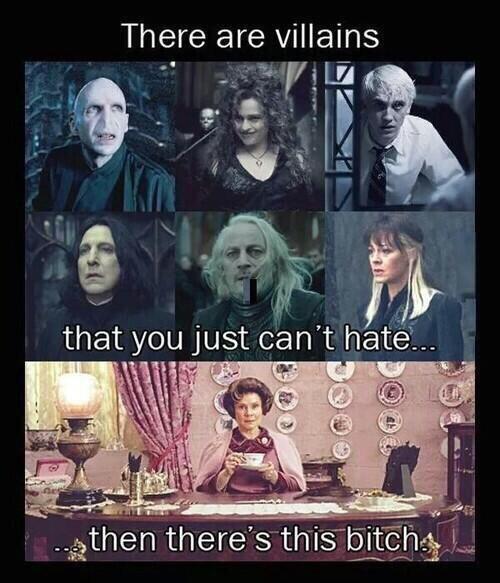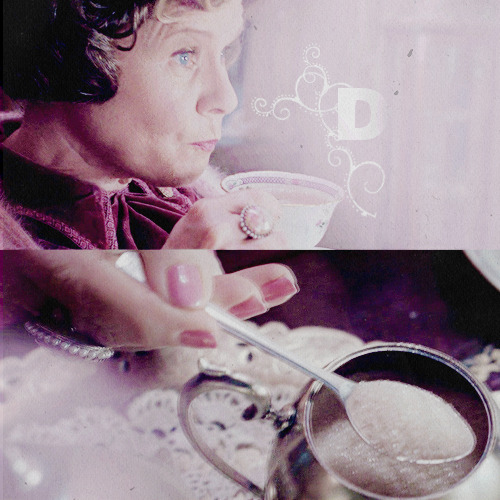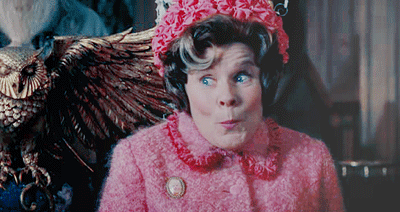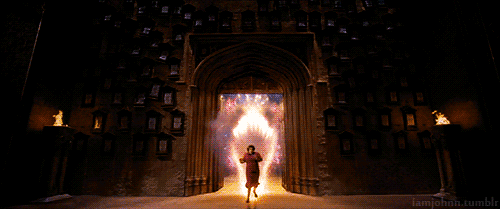Unfortunately, this past university semester has been exceedingly busy, leaving me thus unable to update here, due to all the essays, readings, studies and all manner of university type things in my life. Now that Christmas is upon us and tis the holiday season, I have some time (admittedly not all that much) to do some independent thinking and prepare a few entries for here.
So, to resume my entries here, I thought something festive and light-hearted would be in order. Naturally, I decided to write about evil. One of my favourite philosophers, and a truly undervalued one at that, has much to say on the topic of evil, though her conception of it is somewhat different to that most of us have. When most of think of evil, we think of great acts of violence, of murder, of war, of exploitation. Hannah Arendt, the philosopher whom I value so, naturally views these things as evil, but these violent evils are not so despicable as banal evil: a careless evil, one driven by thorough ordinariness and refusal to accept personal responsibility rather than a sociopathic desire to do harm to others. I was brought to consider this topic through my recently rekindled interested in Arendt, in anticipation of my dissertation next year, and was further driven by my having watched the biopic accounting her experiences at the trial of Adolf Eichmann.
 |
| Hannah Arendt, in all her glory. Image found here. |
Though my discussion is not graphic, I would like to inform anyone reading this that it makes direct reference to the Holocaust and very real and tragic historical events.
Recently, a good friend of mine was watching Harry Potter and the Order of the Phoenix, in which, I'm sure we all remember, appears the character of Dolores Umbridge. Truly the villain of the piece, it is intriguing how much hatred many people, myself included, feel towards this woman. Considering that the true villain, Voldemort himself, is not as hated as she, there must be some reason as to why Umbridge is so reviled. Turning to Tumblr, a renowned source of fan-materials, it was extremely interesting to find that there is widespread sympathy for Tom Riddle, the boy who becomes the Dark Lord. This man is a pure-blood extremist, a character who can be easily likened, and for good reason, with Hitler himself. Yet there is sympathy for him. For Umbridge, there is no such thing.
 |
| Image posted by Zamanlordicesi |
As illustrated in the above picture, there is certainly something a little strange going on here. How can we dislike her more than we dislike a "truly" evil group of people who kill and torture in order to further their ideas?
I contend that Arendt can help us understand Umbridge much more fully, that her insights into the nature of banal evil can explain why we all have so much hate for this exceedingly pink individual.
 |
| Image posted by Slyterin |
Firstly, for the sake of context, I feel it appropriate to provide a little background detail. As the story goes, Hannah Arendt, a German Jew and holocaust survivor, managed to escape to the USA, where she eventually taught in a university. When Adolf Eichmann, a notorious Nazi war criminal, was caught and set to stand trial in the newly formed state of Israel, Arendt offered to attend and write several articles on the trial for the New Yorker. When she arrived and viewed the ongoing trial, she was surprised. Not because Eichmann was a terrible, evil man, but because he was exceedingly mediocre.
I find that there are several similarities to be drawn between the two figures of Eichmann and Umbridge. Firstly, both of them are incredibly bureaucratic. Eichmann was a ranking official in the Nazi regime, which is infamous for its autocratic rigidity, and strict hierarchy. In turn, Umbridge is of the Ministry of Magic. When we first meet her, she is focused on loyalty to the ministry, to upholding its policy to the letter, rather than the spirit of the law. She is inflexible and harsh,delivering out horrific punishments to those who do not submit to her immense lists of restrictions.
This leads me into the second, more troubling point. As mentioned earlier, Voldemort's regime and its hatred of "mudbloods" should be read (I will go as far as saying that) as a reference to the Holocaust. It is organised persecution on a massive scale. In the very real Holocaust of the 20th century, Eichmann's role was to organise the deportation of Jewish people from the Ghettos and have them relocated to the concentration camps where they were to be brutally executed. Likewise, Umbridge is given the role, upon her return to the ministry, of hunting muggleborns within the ministry and having them shipped off to Azkaban, the famed wizard prison. Though it is not explicitly stated within the book, I do not think it a terrible leap to assume that Voldemort's regime has no intention of letting these people live. Both Eichmann and Umbridge have the role of sending people of a certain ethnicity off to die.
 |
| Image posted by Lunalovegouda |
But this is not the banality of evil. This arises in a third similarity between Adolf Eichmann and Dolores Umbridge: mediocrity. Neither of these individuals do the terrible evils that they do out of personal ideology or sociopathic tendencies, but out of a sense of personal advancement. They are both attached to large, bureaucratic networks which they serve without thinking. In fact, they are discouraged or completely prevented from thinking or from exercising any sense of personal agency. All they are permitted to consider is the potential for their own promotion, if they do their assigned role well. Through an unreflective following of orders, Eichmann contributed to the Holocaust. In the same way, Umbridge inflicts suffering on the students of Hogwarts and then upon Voldemort's scapegoated people.
In this sense, we can read her character as a representation of those who follow the pre-established rules without first thinking of their legitimacy. It is far easier to follow laws and rules than it is to break or oppose them. Umbridge is what happens when bureaucracy takes over from moral agency, when we simply "follow orders" as was the excuse invoked time and time again by Eichmann at his trial.
Umbridge refuses to be a person. Through refusing to reflect, refusing to use her own moral agency, she allows her entire being, her will, to be subsumed into the system she is serving. Her individuality fades and she becomes nothing but a token for the hierarchy she wishes to advance within. She is boring. She is nobody.
This is why Umbridge is hated more the Voldemort. The Dark Lord at least has the dedication to follow his ideas through, to perform actions (terribly evil and depraved actions which can never be morally justified) in which he believes. There is passion in his depravity. Umbridge, however, is banal to the point of being unable to truly understand what she is doing. So dedicated is she to herself, to her own promotion and doing well at her job that she forfeits her agency, her identity, she becomes nothing, rendering herself so lacking in perception that she fails to realise what she is doing.
Just a thought.
 |
| Image posted by Le Jardin Des Mille Delices |
Very solid entry and it certainly makes me interested in reading Arendt, as well as thinking about Umbridge. She always read to me as perfectly understanding what she's doing – just loving to exercise her power over other people. Your post offers a slightly different, but certainly well-argumented take and now I wonder if those two views can be reconciled.
ReplyDelete